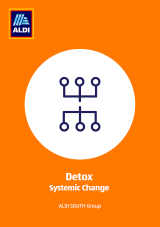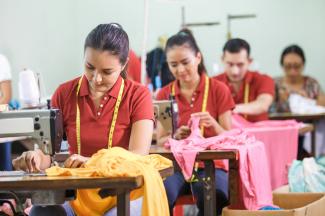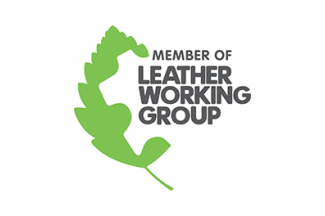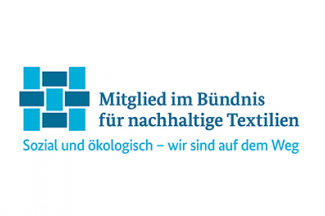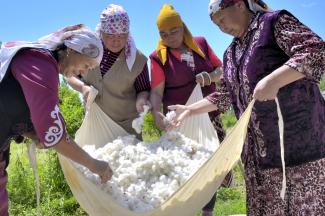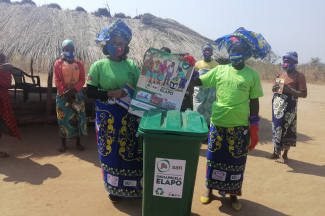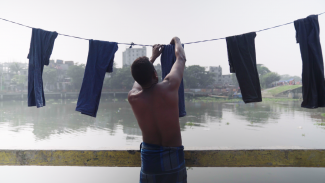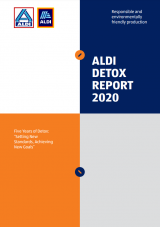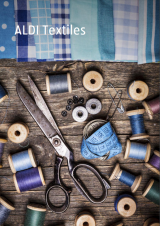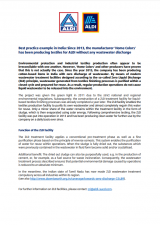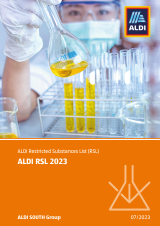
Chemicals in Production
Our Approach
In 2015, the ALDI SOUTH Group, together with 80 other international fashion retailers, committed to the goals of Greenpeace’s Detox Initiative. Through a process of substitution and elimination, we have significantly reduced the use of hazardous chemicals in our textile and footwear production.
By working with teams from across the whole group, we set ambitious standards and introduced comprehensive chemical management across all tiers in the supply chain. This has led to improved wastewater and sludge testing results, and an increased treatment of factory wastewater. A highly efficient overview of our supply chain also enables us to support strategic production facilities to meet our requirements.
We will continue to increase the scope of our work to address further environmental impacts, ranging from strengthening our commitment to more sustainable material sourcing to raising awareness of opportunities to buy more sustainably. This means that we will promote more sustainable production processes and sustainable products to enable our customers to consume sustainably.
The ALDI Detox Commitment
The ALDI SOUTH Group is excited to be one of 23 organisations to be featured in the “Better Lives through Better Business” campaign presented by The Consumer Goods Forum and produced by BBC StoryWorks Commercial Production.
Our Actions
Eliminating hazardous chemicals from production
Our goal is to eliminate the use of hazardous chemicals in the manufacturing processes and to replace them with safer alternatives. The following documents are key tools for this activity and form part of all relevant contracts with our business partners:
- ZDHC Manufacturing Restricted Substance List (MRSL) and
- ZDHC Wastewater Guidelines,
- ALDI Restricted Substances List (RSL)
While the ZDHC MRSL defines the substances which should not be used at all or only to a limited extent for the production of merchandise intended for ALDI, the ZDHC Wastewater Guidelines define threshold values for chemical residues contained in wastewater and sludge generated by the production facilities. The ALDI RSL defines threshold levels for the finished products.
All tanneries are required to hold a valid Leather Working Group (LWG) certificate to ensure a certain level of environmental compliance.
Since 2015, we have achieved a significant reduction in the use of hazardous chemicals through substitution and elimination. This has also led to improved wastewater and sludge testing results. This was only possible because of improved chemical management. In addition, we are actively removing non-compliant business partners and production facilities from our supply chain.
Due to improved wastewater and sludge testing results, we have set our future focus on the improvement of the input chemicals. These are used in the production processes, such as in the dyeing and finishing. The monitoring of input chemicals has several advantages:
- MRSL compliance can be checked continuously to immediately implement corrective actions.
- The data better reflects reality and enables a clear link between chemicals and ALDI production.
We are working with BHive® and BVE³. to establish a digital monitoring process. These platforms allow production facilities to submit their chemical inventories directly to us.

Increasing the transparency of our supply chain
The successful implementation of responsible chemical and environmental management practices requires the collection and analysis of large amounts of data. An internal monitoring, verification, and rating system for production facilities helps us to ensure compliance with our requirements for every order.
We receive production facility data prior to delivery of the merchandise and then perform a plausibility check. Our Corporate Responsibility Units in Asia regularly verify the provided supply chain information and compliance with our requirements during onsite assessments.
In 2020, we also started to publish our main production facilities for textiles and shoes on the Open Apparel registry (OAR) platform.
We integrated the chemical management performance of our business partners into our annual Corporate Responsibility Supplier Evaluation (CRSE) for garment textiles and shoes. This process increasingly influences our buying decisions and provides guidance to our business partners for improving their social and environmental supply chain performance. The CRSE supports long-term relationships with those business partners who demonstrate a strong sustainability record and provides incentives for continuous improvement.
Engaging with stakeholders
We strive to be proactive and transparent by maintaining open dialogue with our stakeholder groups through engagement in various partnerships, working groups and initiatives. Together we increase our understanding, select and develop tools that fit our approach and harmonise our requirements with other retailers to drive improvements into the chemical management practices across our supply chains. We support common standards and training approaches through our engagement with the Leather Working Group (LWG) and the German Partnership for Sustainable Textiles.
We regularly inform our stakeholders and the wider public through progress reports and updates on our next steps with respect to environmental and chemical management in our textile and shoe supply chains.
Providing training to internal stakeholders, business partners and production facilities
We want to understand all the different stages of the production process to help us increase our knowledge and capability so that we can improve chemical management in our supply chains. We conduct internal and external training and workshops for Buying, Quality Assurance, Corporate Responsibility Departments, business partners and selected production facilities.
One example are the Advanced Chemical Management Trainings that we have been piloting in collaboration with our regional CR Offices in Dhaka and Hong Kong since 2019. This training is jointly implemented with other brands, the German development agency GIZ and our business partners and help production facilities improve their competencies through peer learning and individual support.
Promoting sustainable consumption
We support systemic change within society, which will affect our business, our product design, our suppliers, and our customers. This change focuses on the promotion of more sustainable products and production processes as well as on responsible behaviour. It ranges from banning hazardous chemicals, improving product lifecycles and increasing recycling efforts.
Our CR Performance
Our Goal: Since 2015, we have beenare working to on phase ing out or replaceing hazardous chemicals used in the manufacturing processes for both textiles and shoes with safer alternatives.
More Data
| 2019 | 2020 | 2021 | |
|---|---|---|---|
|
Total Number of Wet Production Facilities (WPFs) used |
719 | 637 | 524 |
|
Number of Wastewater and Sludge Analyses provided since the publication of the ALDI Detox Commitment in March 2015 (only 2021) |
- | - | 5,225 |
| Chemical Management Audits (only 2020) | |||
|
Number of valid CMAs conducted |
- | 161 | - |
|
Number of countries in which a CMA was conducted |
- | 11 | - |
| M-RSL Compliance | |||
|
Share of used WPFs with valid wastewater and sludge analysis |
97.4% | 98.3% | 98.1% |
|
Share of used WPF with compliant wastewater and sludge analysis |
- | 88.4% | 96.5% |
| Share of used WPFs free from | |||
|
Alkylphenols |
77.6% | 71.3% | 96.0% |
|
Phthalates |
75.6% | 85.8% | 95.4% |
|
Azo Dyes |
88.6% | 95.0% | 98.3% |
|
Organotin Compounds |
98.3% | 99.1% | 99.0% |
|
Perfluorinated Chemicals |
81.9% | 87.4% | 92.9% |
|
Chlorobenzenes |
92.1% | 96.5% | 99.1% |
|
Chlorinated Solvents |
83.1% | 92.6% | 98.3% |
|
Chlorophenols |
90.1% | 98.2% | 99.1% |
|
Short Chain Chlorinated Paraffins |
90.6% | 96.3% | 99.4% |
|
Glycols |
- | 100% | 100% |
|
Polycyclic Aromatic Hydrocarbons |
- | 99.1% | 99.4% |
|
Volatile Organic Compounds |
- | 97.7% | 98.7% |
| Leather Working Group (LWG) | |||
|
Tanneries used held valid Leather Working Group (LWG) certificates |
- | 93% | 100% |
Our Projects & Memberships
Sustainable Development Goals
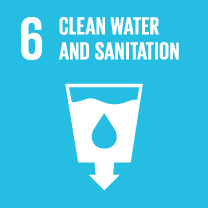
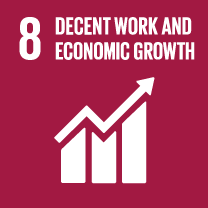
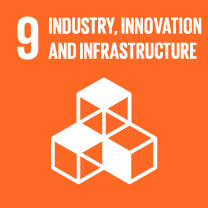
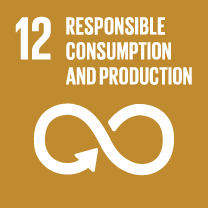
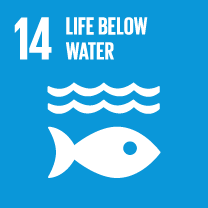
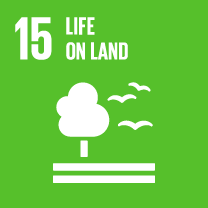
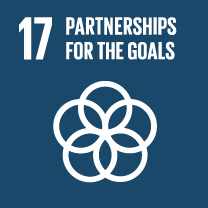
UNGC
Human Rights
Principle 1
Support and respect the protection of human rights
Principle 2
Not complicit in human rights abuses
Principle 4
Elimination of forced and compulsory labour
Environment
Principle 7
Precautionary approach to environmental challenges
Principle 8
Promote environmental responsibility
Principle 9
Development and diffusion of environmentally friendly technologies
